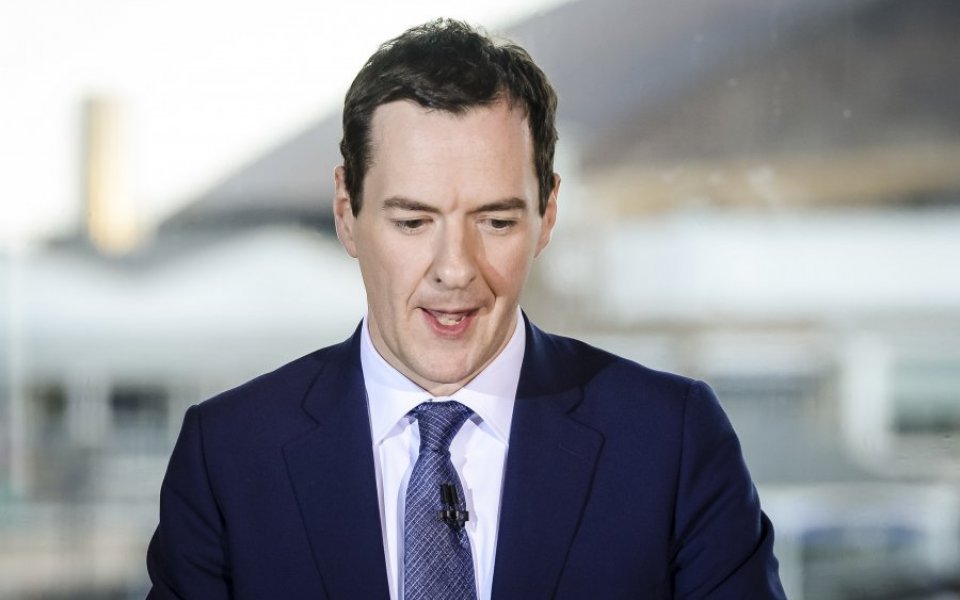Google tax row: Corporate behaviour and the UK’s tax code need to change – and urgently

The tax affairs of multinational companies have dominated debate in recent weeks. Interest will likely spike again later today, when the Public Accounts Committee takes evidence from HMRC on the tax deals agreed with well-known global corporates. MPs will doubtless have some sharp questions to ask, reflecting increasing public anger around this complex issue.
In an ever-more global and digital economy, what’s clear is that both corporate behaviour and the UK tax system need to change.
Businesses only prosper with the consent of the societies in which they operate, and it is in the self-interest of corporates to remember this. We are very close to the point where trust between multinational corporations, smaller businesses, and the wider public breaks down. SMEs see large-scale tax avoidance by major corporates and large multinationals as unfair competition.
All firms with operations in Britain – not just those based here – have an obligation to pay the full tax due on profits from their activities in this country.
The trouble lies in defining what is covered by “activities” and determining where “economic value” is created. Governments have failed to act together to close the legal loopholes that allow deep-pocketed companies to implement aggressive tax avoidance strategies – often leaving them powerless to enforce greater compliance.
Action is needed on three fronts.
First, a swift push for co-ordinated international action to stop a small number of companies conducting aggressive avoidance schemes that shift profits across the globe in order to minimise their effective tax rates. The UK government should continue its welcome push for agreement on Base Erosion and Profit Shifting (BEPS), working with dozens of other countries and the OECD to get things right.
The European Commission’s latest proposal to require multinationals to deliver country-by-country reporting – revealing the profits and tax paid in every country in which they operate within the EU – should also be considered strongly.
While agreement on these international initiatives would increase transparency, it is too early to say whether it would result in demonstrable changes in behaviour. After all, if businesses comply with all their tax obligations under the law, they could simply demonstrate this – no matter how unpalatable the result may be for the public at large.
So second, ministers must also embark on a wholesale simplification of business tax to eliminate the complexities and loopholes that give rise to tax avoidance schemes.
During the coalition years, the chancellor pledged to simplify the tax system and reduce the complexity of the tax code. Yet the behaviour of successive governments, of all political colours, has resulted in ever-greater complexity. We see new measures introduced at every Budget and Autumn Statement, with three in 2015 alone. Many UK-based firms have struggled to keep up, while multinationals use the resources at their disposal to adapt their approach. The Business Tax Roadmap is due to be published soon, and we hope this makes it easier for companies to navigate the UK’s fiendishly complex tax system. It may be a boon for some accountants, but it is a drag on our businesses and the Exchequer itself.
Third, and crucially, HMRC needs to concentrate its enforcement activity on aggressive tax avoidance and big numbers, not on punishing well-meaning firms who make mistakes.
While most multinationals also face investigations, HMRC could close the tax gap more effectively by focusing these on the big players, and using the remainder of its resources to support small- and medium-sized businesses to get their affairs right. Too many firms report that HMRC treats them poorly, gives conflicting advice, and even retains money when it knows that it will ultimately pay it back. HMRC’s service to business must improve if we are to see better compliance and more revenue coming in to the Exchequer.
These reforms are crucial to restoring trust in the tax system, at a time when many businesspeople are angry at what they see as two different sets of rules: one for them, and one for the biggest corporations. Until they are completed, all companies with substantial undertakings in the UK should demonstrate their clear commitment to paying all taxes due here. Other firms, and the general public, can see through creative accounting, and their anger is growing.